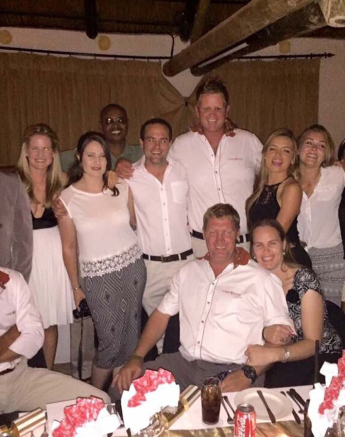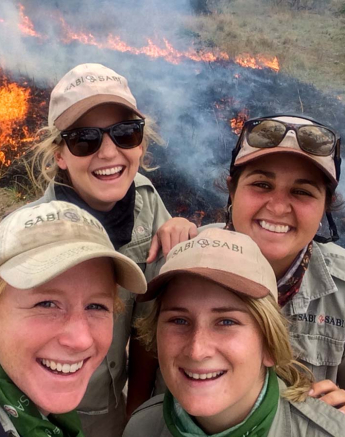Why we all return
on Jan 05, 2016Wanderlust is a term that has recently been coined by the Urban Dictionary for the avid explorer with a very strong or irresistible impulse to travel. By escaping our comfort zone through travelling, near or far, one’s eyes and mind are opened in so many ways that we realise that we’ve been walking around previously ignorant to the greatness and joys just beyond our doorstep. As we experience the pleasures of meeting new people, interacting with diverse and different cultures and seeing new places, so it changes ones outlook and puts things in a new perspective. We gain a better sense of gratitude and humility and become more tolerant, understanding and possibly less predigest and judgemental. People spend huge amounts of money on self-development and improvement but travelling does this all for free within in the cost of the holiday or trip! Perhaps this is why travelling is so addictive and I have yet to meet a traveller without ambitions to see more, who is not easily humbled by their experiences and doesn’t show gratitude for the opportunities presented to them. Indeed, not all who wander are lost.
Africa, in terms of travel, has long been a name that echoes fear and greatness within its vast and varied landscapes, the myriad of indigenous tribes, its wildlife, perceived savagery and mystery of the unknown and yet it has attracted some of the greatest adventurers in history, such as Hemmingway and Livingstone. It has led to some unbelievable scientific discoveries such as Lucy, (the oldest complete human skeleton), on a continent the ‘old world’ would not have believed humans existed before they. There is something about Africa that fills one with intrigue, a sense of adventure and excitement. For those who have been there is the “wow” factor and those who have not, the ‘wish list’. Owing to this, I am regularly met with a degree of curiosity when mentioning my South African nationality during my travels. Having travelled fairly extensively from childhood, I know my heart is South African and I always get a little antsy on my way back home. Contemplating these feelings and trying to identify why so many travellers return to South Africa, I have come to the conclusion that it is perhaps simply due to that fact that you never quite know what you are going to get but you always know that there will be a life lesson in the experience; South Africa changes you. Allow me to explain...
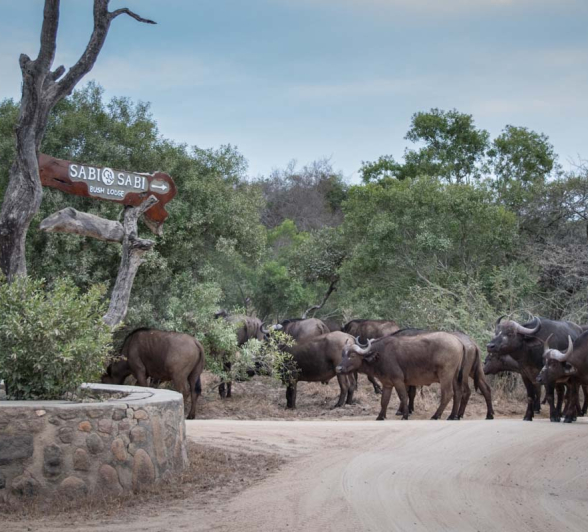
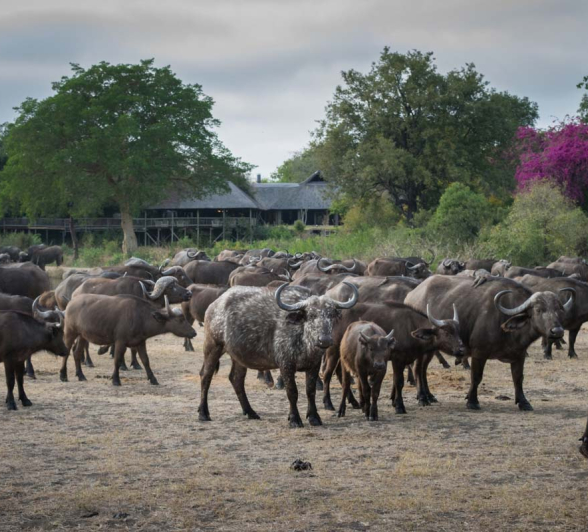
There is a strange indecisiveness about South Africa that has worked in to our culture and our way of life that is largely different throughout the country and certainly uncontended globally. Firstly, we work on ‘African time’ where appointments are made but they could be up to an hour later than expected and this is perfectly acceptable. An important discussion topic say with the chief, headman or elders at an African meeting, (imbizo), is very often preceded with a lengthy conversation totally irrelevant to the matter at hand; a sort of niceties prelude and a means of breaking the ice. I was constantly reminded in my youth that there is no rush in Africa but with time and a fair bit of discipline, I have learnt that this does not apply to me – perhaps a result of a European influenced background – and so this can be quite a frustrating habit but you learn of its importance quickly when you show cultural respect and want results. I was once running late to get to the airport to fetch my guests and after dashing into the bar and requesting a number of waters from the barman, I was purposely ignored. I then tried again, this time formerly greeting the barman to which I was then responded to, at a leisurely pace, “Hello, how are you doing today?” Only after calming down and overcoming the giggles for the traditional procedure, did I manage to engage in the time-consuming conversation which led to the acquisition of the much needed waters. It is our way and changes for no one but the moral of the story is, that no matter what, in Africa we make time for each other.

A number of sayings in our South African culture reflect the concept of ‘African time’, the first being “just now”. The meaning of this may extend from something that has recently happened in the past, “I saw her just now” to somewhere in the near future, “I will be there just now”. There is no defined timeline but the interpretation by a South African is rarely questioned; it is anywhere between 20 minutes and 3 hours. Then there is “now now”. The definition and repetitive nature of the words would naturally lead one to believe that whatever is being described is immediate but you would be wrong; it could also be 20 minutes from now, however it is closer in time than ‘just now’. If it did not happen within these two time constraints, it may have happened “the other day”; this covers everything from yesterday to 2 years back.
The fact that we have 11 national languages tends to lend this indecisiveness argument some validity too. The different languages emanated from the different tribes and European settlers so to illuminate them and decide on one national language, we would potentially have lead to the destruction of our cultural diversity, so we kept all eleven. What is most incredible however is the fact that despite all these languages, we still came up with another language for the migrant workforce people to converse in, ‘Fanagalore’. Fanagalore is spoken and not written as it was developed in the mines to assist the people in communicating as there were so many different dialects. Instead of developing a 12th language from scratch, they just took a bunch of words from each language, stuck them altogether and bam, we have a language for all! The lack of distinction in time and language is just a lesson of compromise.
The ambiguity within our culture is also demonstrated through our display of emotion. Africans are people of song and dance. With news of the first rains, a birth in the family or an accomplishment, people immediately break into song and dance. They are of course, joyous and celebratory occasions. What is confusing though is that when there is war or upheaval, a death or no rain, everyone sings and dances too. Do not get me wrong, they’re very different dances and sung words but to an outsider it certainly is confusing! I was once stuck in a ‘stop-and-go’ road works on my way home from the bush when the taxi behind me opened its doors and out spilled a handful of men and women wearing traditional African attire. They proceeded to start singing and dancing on the roadside for no apparent reason other than for what I imagine, was to make the time pass quicker. Whilst taking this all in from my rear view mirror, I then noticed all the workers who were standing around the stop sign in front of me proceed to join the stop-and-go celebration. Bewildered and amused at the on-going scene of events, it did its trick because the next thing I knew they had all piled back into the taxi and I was being shouted at for holding up the traffic. There’s a saying in Zulu “ipode encane kusha lona ukuqala” literally meaning ‘the small pot is the first to boil’. The lesson in it however refers to the fact that if you find joy in the smaller things in life, you will find yourself overflowing with happiness. South Africans are fantastic in finding something to celebrate in the least likely of places and as a result, are some of the happiest people despite the little some have. They celebrate a life lived as much as they celebrate the start of a new life and if we could all have such a positive outlook on things, I feel like we would all find ourselves in a much happier state of mind.

Lastly, I believe South Africa is one of the most incredibly scenic countries in the world. Although I have not travelled nearly enough to honestly claim such a statement, from what I have seen of the world and through research, we definitely have an incredibly varied landscape; varied enough to attract every type of traveller from pristine beach seekers to mountain climbers, bush enthusiast to city slickers, we have it all. I have heard “we are Africans not because we are born in Africa but because Africa is born in us” and perhaps this is true because our environment knows no definition too. We have a desert with barely a tree as far as the eyes can see and yet the massive Orange River flows through it. In the Sabi Sand we have the Sand River, which despite what its name lends one into thinking, is actually perennial and feeds the thirst of the reserve year round! We have the sunniest days where no matter how hard you squint to allow yourself to look at the sky, you simply cannot and then two minutes later it is still sunny but now it is raining too. These sun-showers are known in South Africa as a “Monkey’s wedding”, the obscurity of the event seemingly evident in its name.
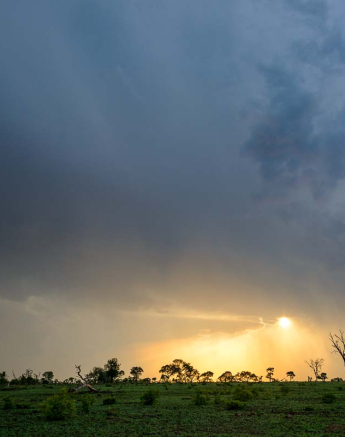
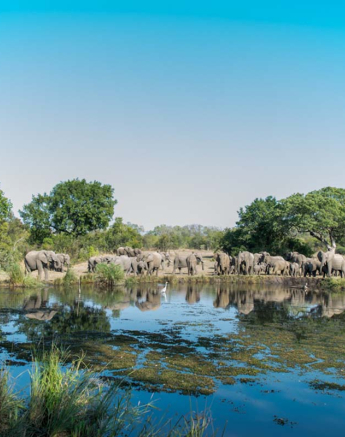
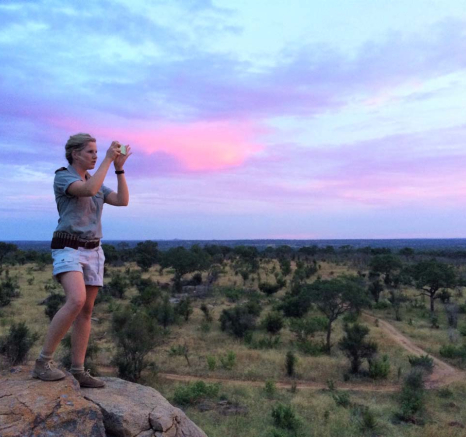
Looking at the landscape one would also find it hard to believe our very prominent history. Unlike many places with a great history, South Africa grew from being initially built with mud and wood. Looking out on its vastness, one would never know the struggles it has seen and overcome. There are no cement concentration camps, no coliseums, no pyramids, and no bombed foundations but there has been struggle. We were a broken country, at war with ourselves as much as we were with the world and onlookers. But today, we shine a changed nation. We school and work together as partners, we learn each other’s languages through choice rather than enforcement and there is no place else I would have rather grown up than on my maid’s back and later in my gardeners wheelbarrow. So what is said should not always be taken on face value and what has been done, is not always permanent. People and relationships change, it is a part of life and South Africa is living proof that even when you find yourself in a terrible place with all the odds against you, there is still opportunity to change and inspire others.
I am leaving South Africa but like many other travellers, I know that this will not be the last time I see and live in her womb again. I want to return so that I never lose touch with these roots and remember what life here has taught me. I wish to bring my children so that they too can grow to be better people just from living in a sensationally beautiful country. I want them to laugh at the obscurity of the way of life and know no colour. I want them to be as proudly South African as I.
Salani kahle South Africa, ngibonile. Stay Well South Africa, I have seen you.
